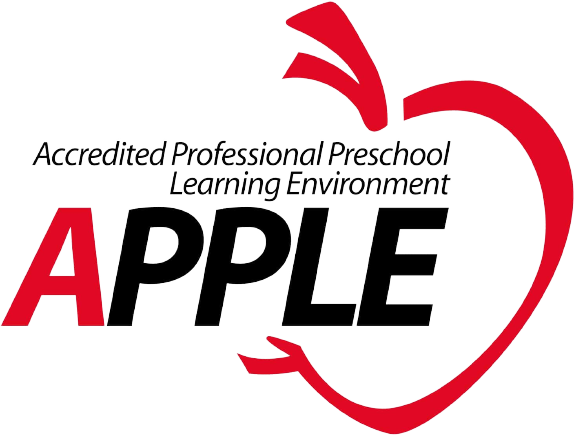In the groundbreaking Nature Research Scientific Report titled “Altruistic food-sharing behavior by human infants after a hunger manipulation” (Barragan, Brooks, & Meltzoff, 2020), researchers shed light on the remarkable altruistic tendencies of 19-month-old infants. The study reveals that even in the absence of verbal requests, these young children spontaneously and repeatedly share desirable food with begging strangers, despite it being detrimental to their own well-being.
This finding highlights the innate pro-social behaviors present in infants, showcasing their early capacity for empathy and kindness. It emphasizes the importance of understanding and nurturing these tendencies from a young age. Early childhood education plays a crucial role in fostering and shaping these pro-social behaviors, which lay the foundation for positive social development.
According to Wittmer and Peterson (2018), young children possess natural pro-social tendencies, including acts of giving, defending, offering help, and demonstrating empathy through facial expressions, words, or gestures. This innate inclination to be kind and help others is present from early infancy, forming the basis for future social interactions and relationships.
Nurturing pro-social behaviors in early childhood education settings requires creating environments that promote empathy, cooperation, and altruism. By providing opportunities for children to engage in pro-social activities, educators can foster their inherent desire to help and contribute to the well-being of others. This can be achieved through collaborative projects, group discussions, and encouraging acts of kindness within the classroom.
In addition to the study mentioned earlier, various other research studies support the notion of early pro-social development in infants. For instance, a study by Warneken and Tomasello (2009) examined the emergence of helping behaviors in infants as young as 14 months old. The findings demonstrated that infants actively engage in helping behaviors, even when not explicitly prompted to do so.
Another study by Dunfield, Kuhlmeier, O’Connell, and Kelley (2011) explored infants’ understanding of fairness and their willingness to intervene in unfair situations. The results revealed that infants as young as 15 months old showed a preference for fair outcomes and were willing to take action to rectify unfair situations.
These studies, along with the Nature Research Scientific Report, emphasize the importance of early intervention and education in nurturing pro-social behaviors. Early childhood educators have a unique opportunity to shape children’s social and emotional development by providing a supportive and inclusive learning environment that encourages empathy, cooperation, and kindness.
By incorporating activities that promote sharing, collaboration, and problem-solving, educators can create a culture of pro-social behavior within their classrooms. This can include encouraging children to take turns, engage in cooperative play, and participate in group discussions that foster empathy and understanding.
In conclusion, the research on altruistic behavior in infants highlights the early emergence of pro-social tendencies. Early childhood education plays a vital role in nurturing and fostering these behaviors by providing a supportive and inclusive environment. By promoting empathy, kindness, and collaboration, educators can help lay the foundation for positive social development and create a generation of compassionate individuals who actively contribute to the well-being of others.
References:Barragan, R. C., Meltzoff, A. N., & Brooks, R. (2020). Altruistic food-sharing behavior by human infants after a hunger manipulation. Retrieved from https://www.nature.com/articles/s41598-020-58645-9.epdf?author_access_token=uhyu8q18e2gjP6xFe8DTn9RgN0jAjWel9jnR3ZoTv0



